Have you scrolled through TikTok, Instagram Reels or YouTube shorts lately?
Almost every popular magic account is making a ‘shush’ gesture to the camera, then exposing some trick to a person who’s sitting within 2 inches of them, pretending not to see the set-up.
The sad reality is, the fastest way to gain likes and subscribers online is exposing magic or showing your ass.
Mix magic exposure with a pretty girl and you’ve got jet fuel for your fame fire.
This formula is a cheat sheet to likes & subscribers—and often becomes the foundation for a bait & switch to build an audience to eventually sell to.
Advertisers would call this a ‘freemium’ business model. Giving the simple stuff for free and then charging for more premium secrets & features.
The popularity of these exposure videos will incentivise more public videos.
Sometimes, it’s a good thing... If the methods are original to the creator teaching them, or they're public domain but taught by a genuine pro.
But this new, short-form, TikTok-generation exposure is getting magicians concerned. Concerned that their methods are being revealed in under a minute to millions of passive scrollers.
Scrollers who can now undervalue them as professional entertainers, or worse — as artists.
So if you love magic, what can you do about it?
The one word answer is “nothing”. Rivers flow down the path of least resistance. Magic on a mass-level is destined to go through this cycle:
Interest > love > distain > meme > reduction
- It’s interesting to see how it’s done.
- You follow because you love seeing how it’s done.
- You’re annoyed that all these secrets that once fooled you are so simple.
- You make fun of magicians doing tricks you know the method to.
- Magic is reduced in value to an audience. Maybe even seen as child’s play.
But there are some things you can do personally to mitigate this impact on your own magic.
Solution #1. Less easy stuff
A Michelin star chef isn’t threatened by a free recipe video online.
The time they put into his/her dish, their experience, their ability to innovate. That’s where the value is.
Any chump can put cheese in bread, but a chef’s grilled cheese vs a laymen’s grilled cheese is world’s apart.
The same can be said for magic.
Recently, we did a survey where a combined 47% of voters (almost half) said they don’t perform a trick if the method is too complicated or not what they expected.
This is more dangerous for magic than exposure. Because it shows how much value some magicians place on the method.
That means, if someone exposes that method, your trick is ruined. Worthless.
That’s a precarious position to be in, especially if you make your living from performing magic.
But can your spectators learn & retain every method for a given plot? Or are they just learning the simple ones?
For example, a French drop is available to learn on YouTube or Instagram within seconds.
But do they know about Danny Goldsmith’s flip flop vanish?
Will they learn the psychology and theory behind Peter Turner’s peek?
No. They won’t.
Your biggest weapon against your methods being exposed is to learn more methods. To have more tools at your disposal than you did before.
STORY: CATCHING A DOUBLE LIFT
During a performance, a guy asked me a question that exposed the concept of a double lift to every other spectator watching.
“Is that two cards? I saw a video on YouTube showing a simple trick where you take two to switch it" he said loudly.
I said “nope, just one” and performed a KM move to hand him the single signed card.
This simple 'get out jail free' move did two very important things.
- It solidified to him, that I wasn’t using a simple method he’s passively learned. Even though I actually was.
- It elevated me and my skills to the rest of the audience. Because if one spectator who knows the secrets to other magicians is wrong, then I must be doing something way more special. Maybe even real?
I proceeded to still use a double lift in my set, multiple times — and it fooled everyone.
Knowing another method saved my first one.
#2. More development of your magic
So I’m going to throw you for a loop here… Sometimes, a simple method, even if they may have seen it exposed online, can still fool them.
By adding layers of deception, theory, misdirection, audience management & framing— you can turn a double lift into a miracle. You can turn a non-existent coin into something they “see” vanish.
99% of us don’t think about our magic like that.
I’ve specifically gone out on a night out and performed as many top changes in a row as I can (for a card to pocket effect). It was an exercise purely for me, to work on my body position, my eye contact, my framing etc.
There is more to magic than method, and by adding layers to yours, you’ll make your performances bullet-proof to exposure.
#3. Accept that the new way of getting into magic is FREE
Magic has been devalued by this exposure. No question about it.
But the new way of getting into magic is free. We have to accept it. It's an unstoppable train.
We’re sad that it is true, because it’s a threat to our very business model. But our biggest competition isn’t other magic shops, it’s social media tutorials.
There are two potential upsides to this:
- It’s the new way that magicians are falling in love with magic and coming into the art. 300,000 people will watch a TikTok exposure video, maybe 1,000 people will seek out more magic tutorials online. Maybe 300 people will learn enough to fall in love with magic and pursue it with passion.
- That it pushes the real secrets and gimmicks underground and behind more expensive paywalls. Making it easier for those who innovate to make a living from their efforts.
Magic shops should increase their prices, not just because costs are through the roof in recent years, but because we need to put a fair price on THE BEST magic.
Photographer Chase Jarvis has a good line…
“You’ll never turn a $500 client into a $5,000 client.”
What he’s saying is, when someone has an expectation of your value, it’s very hard for you to charge more down the line. The value you’re giving may increase in line with your acquisition of more skills — but what they expect to pay, won’t.
Similarly, if you focus on giving away every piece of value for free, you train your new audience to expect it for free.
When it eventually has a price tag, you’ll find it way harder to convert those fans to actual paying customers.
Thus, constant exposure accounts are like snakes eating their own tail. They will all pivot away from free tutorials eventually. In their efforts to find paying customers and not passive subscribers.
I watched Derek Muller’s Veritasium video last night, but I’m not a threat to physics or those who seek to make a living from it. I’ve learned what I was shown, for free, passively. But that exposure of knowledge doesn’t arm me with enough to threaten the jobs of those within the field.
Why? Because those who know and those who do are two very different people.
Methods can be exposed, but if your magic can be reduced to method alone, then you can’t be bitter about having your hobby devalued.
If you're only willing to take the easy road, you can't expect to be held in the highest regard or 'revered' for your skills.You have to earn that acclaim through constant development and practice.
So the question is not 'how do we stop exposure?', it's happening whether we like it or not.
The question instead should be 'how can we elevate ourselves past the point where exposure can hurt us?'

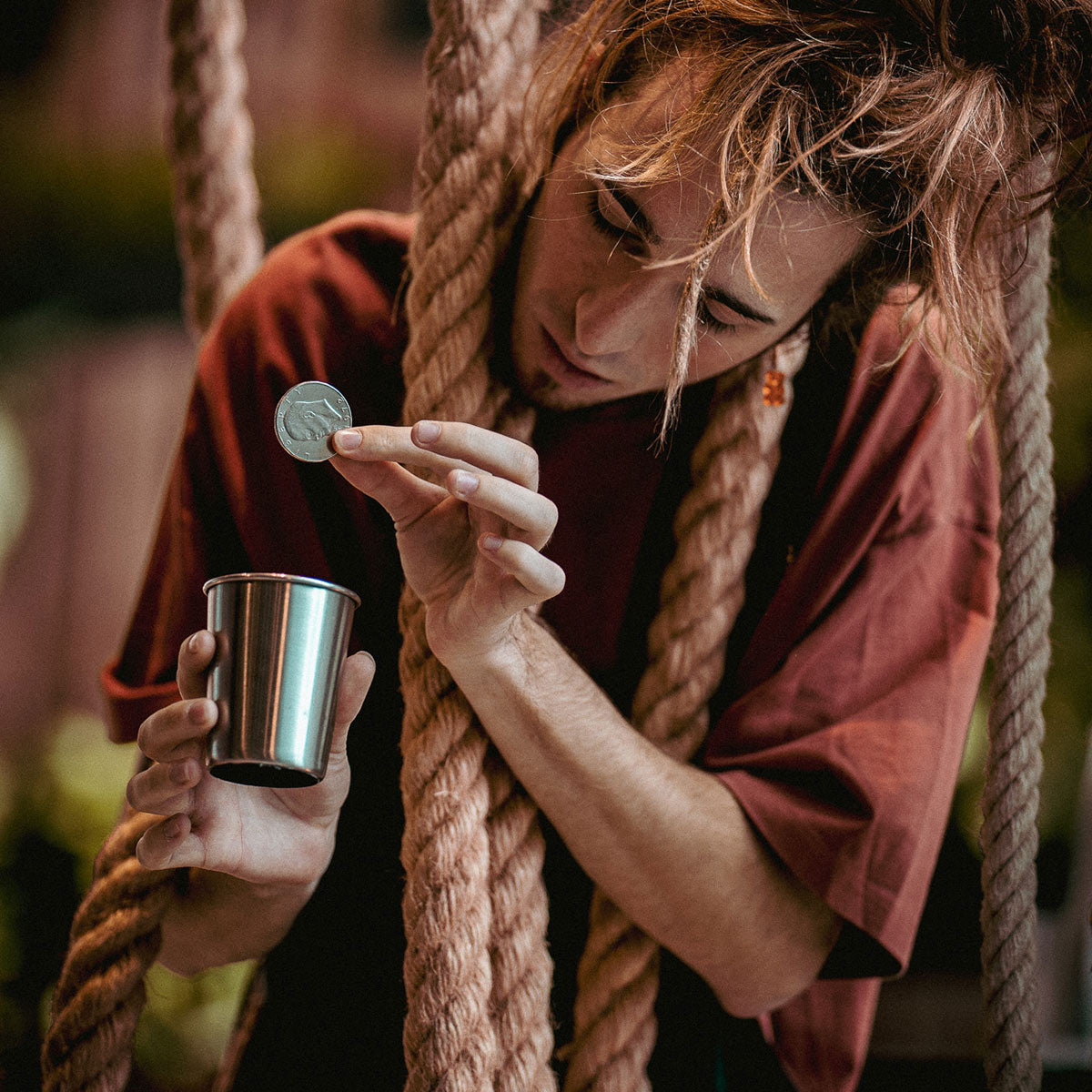
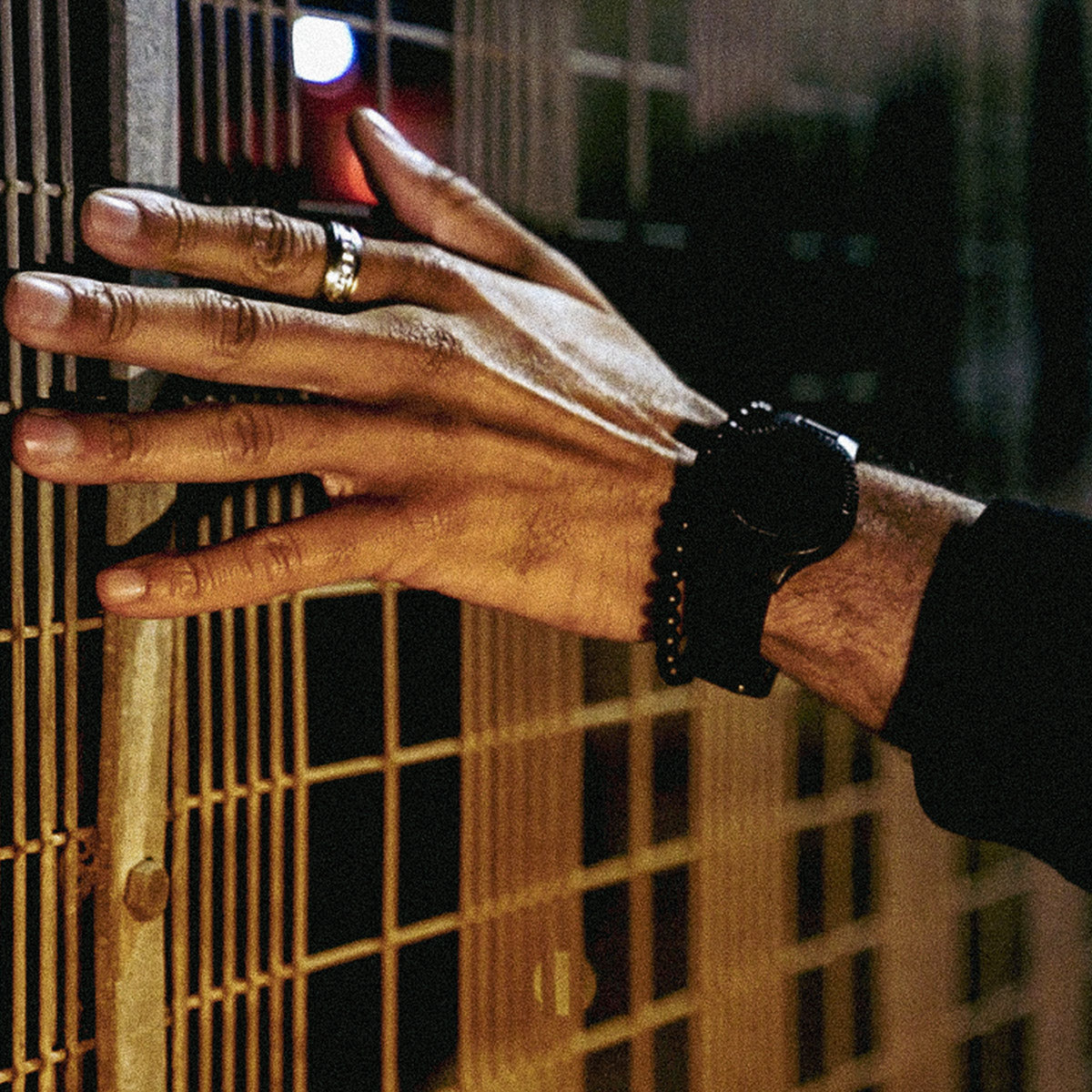
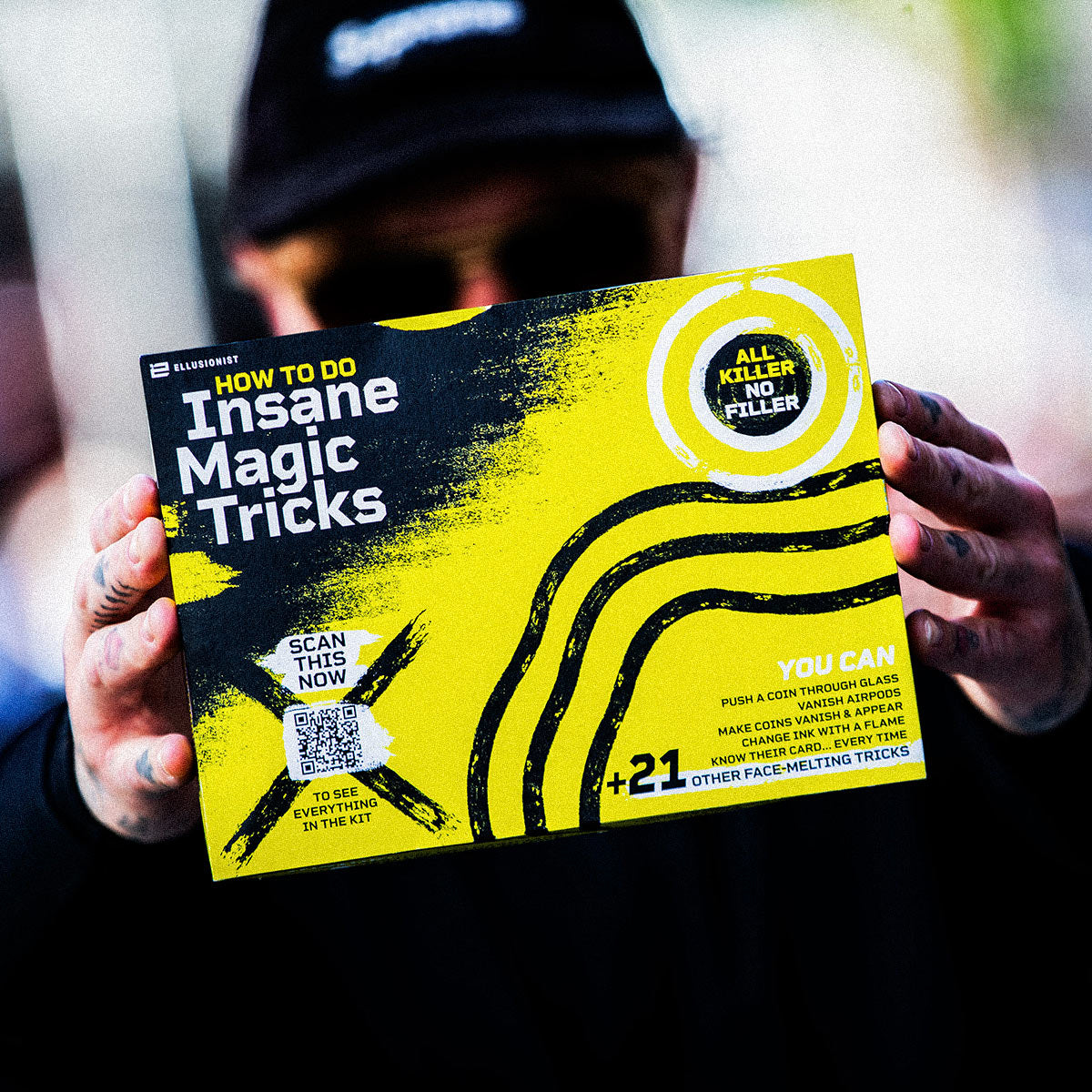
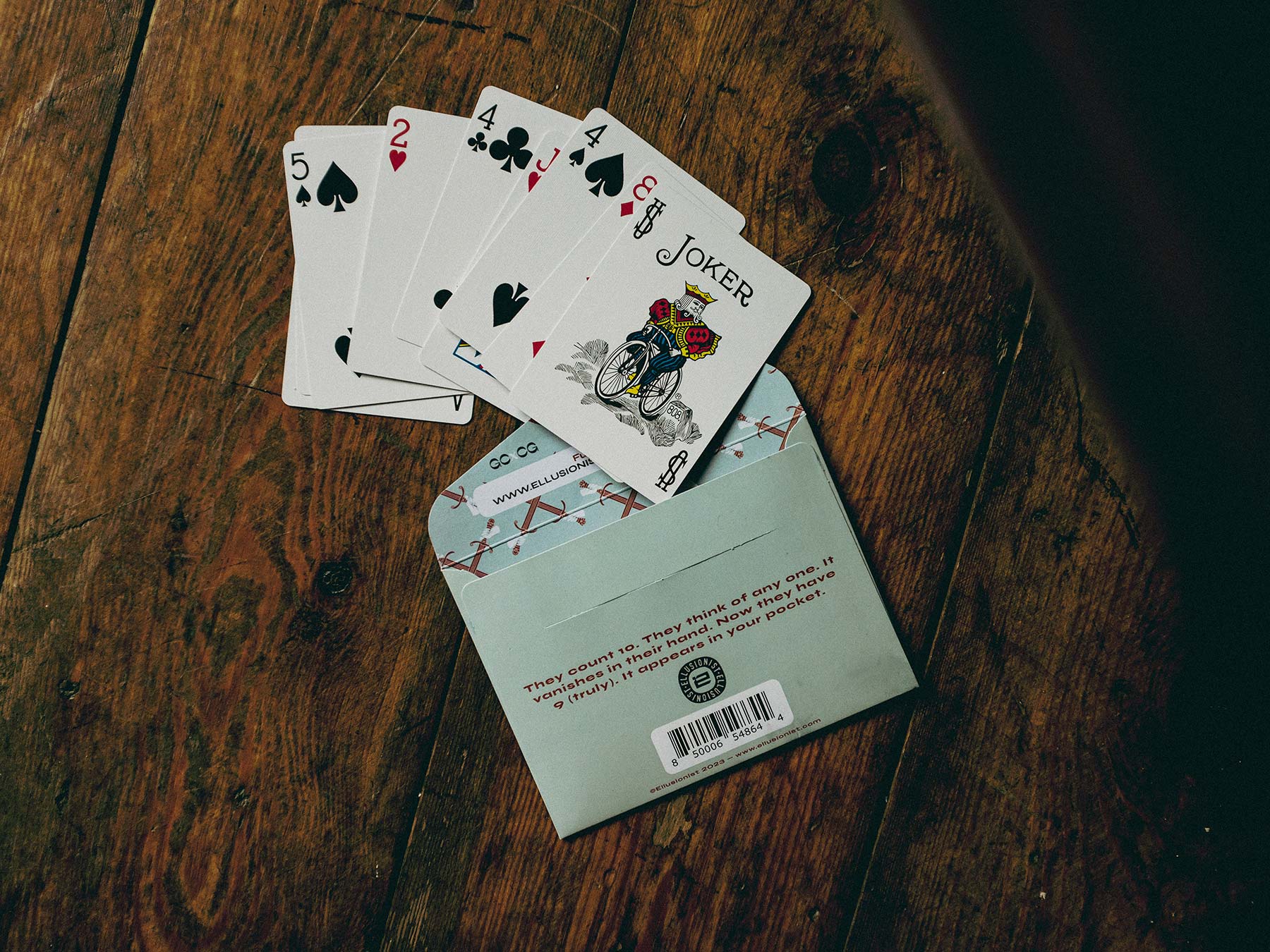
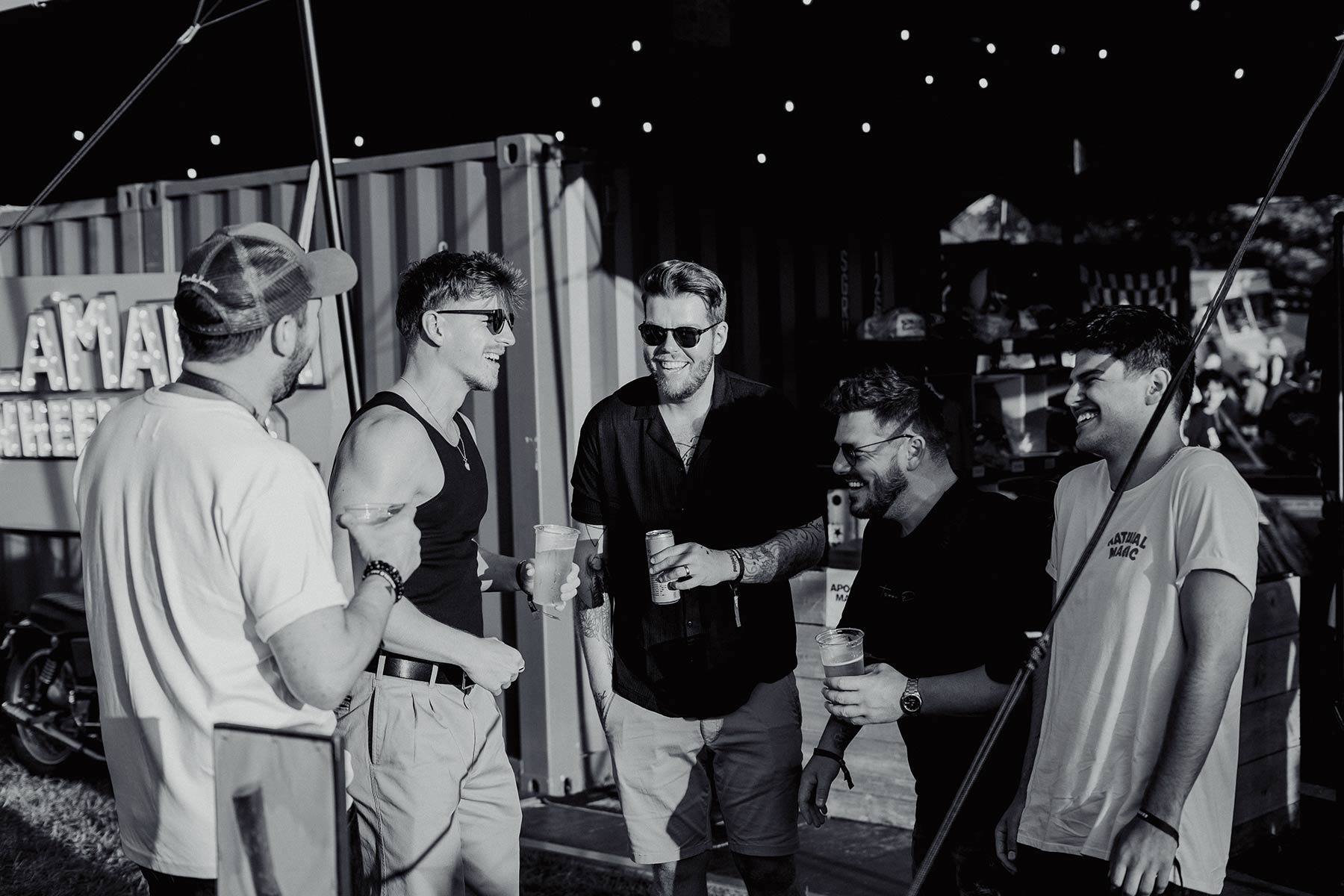
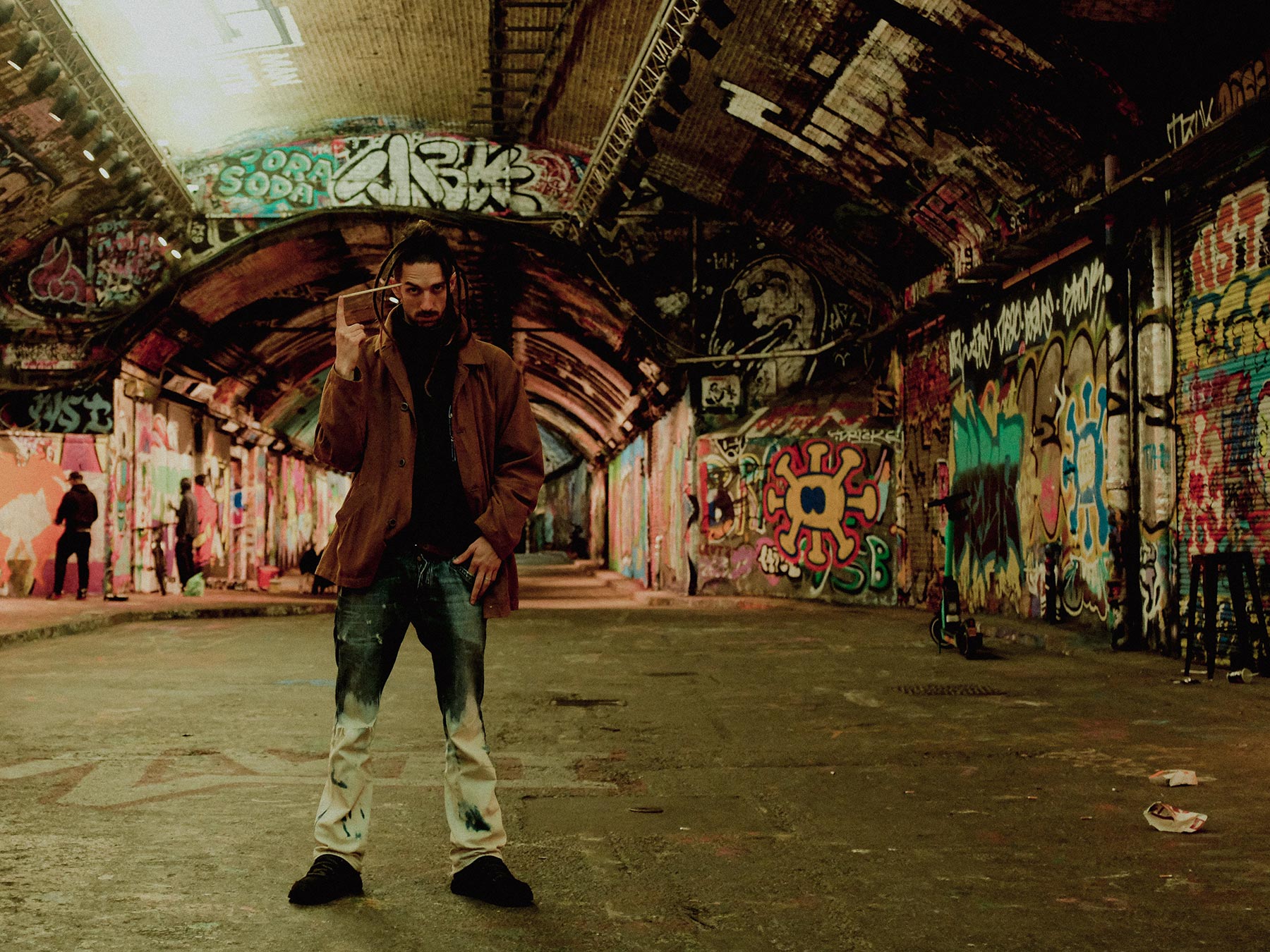
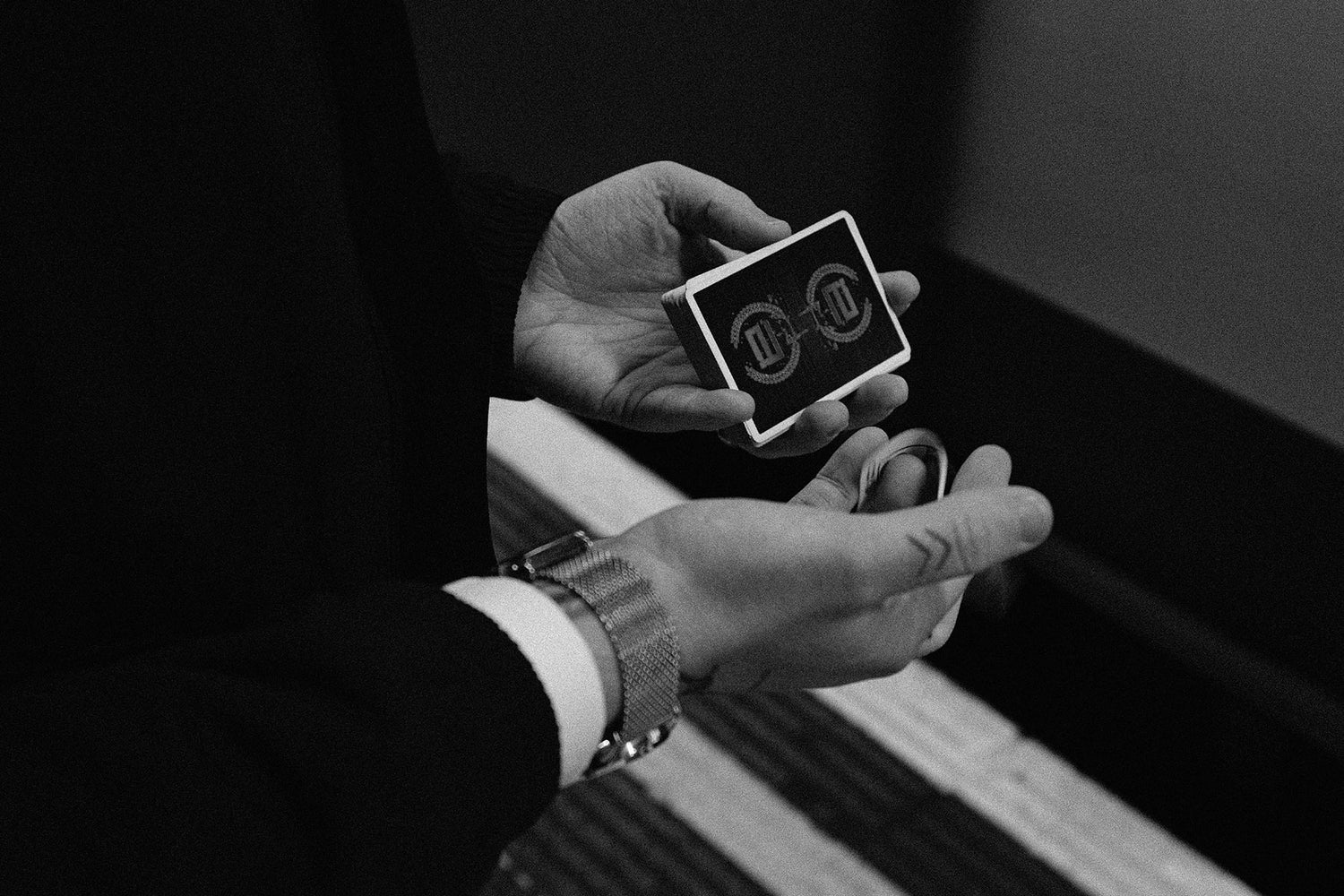
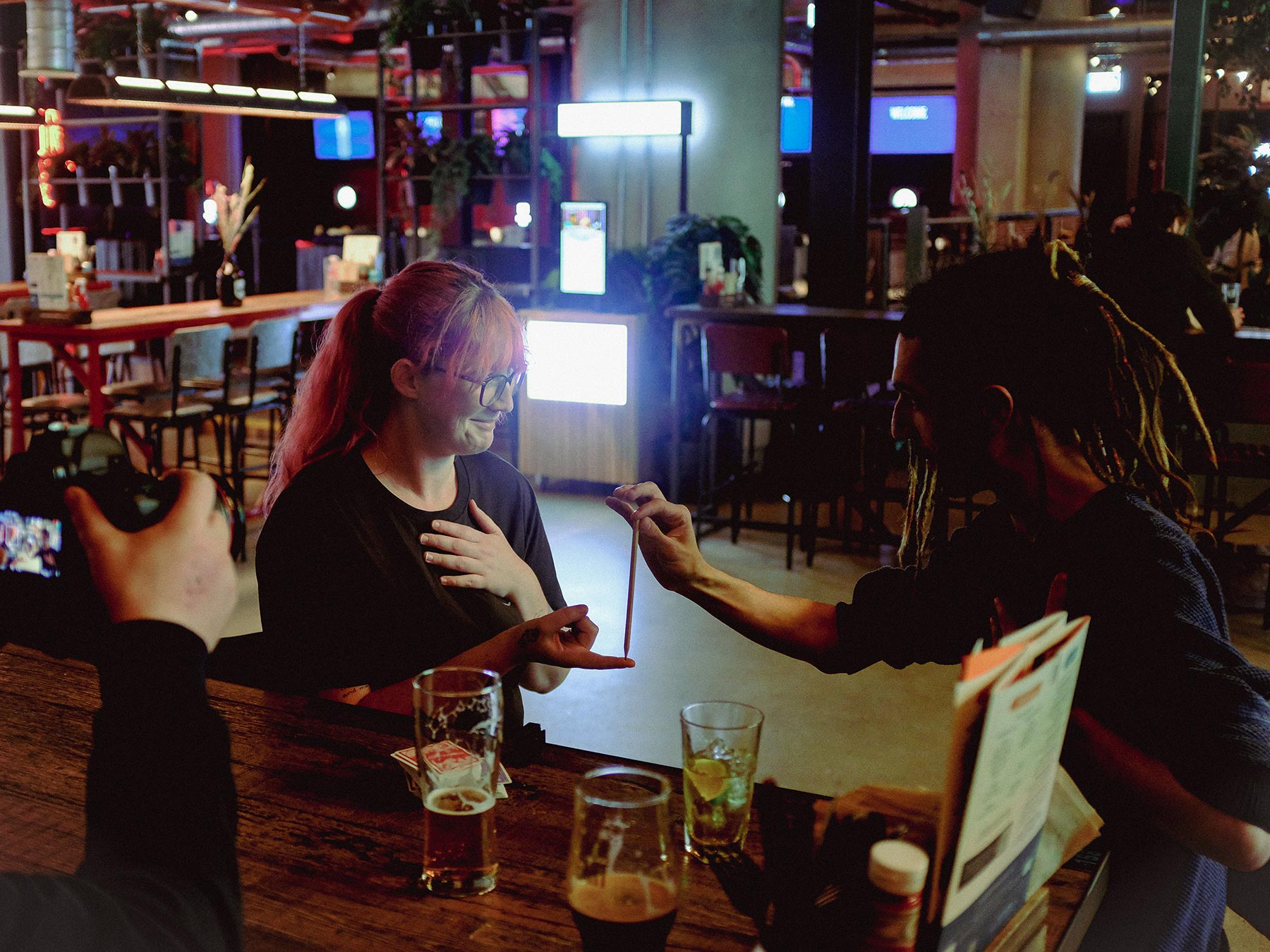

22 comments
Darren
Go good! And totally right. Definitely puts the ownice on the magician to contemplate why this is all important to them. Is it just for likes, or is it a passion worth the pursuit of perfection.
Both convicting and encouraging at the same time. Thank you :)
Jonathan L
Great post.
Exposure per se is less of a concern than we make it out to be. Similar to what you said regarding Ben Earl, magicians from Penn and Teller to Harry Lorayne, often ‘tell’ you how they are doing a trick, and then use the exact same method and fool you anyway. Lay people just aren’t fluent enough with magic methods for this kind of exposure to matter. Moreover, lay people generally have a very short attention span: unless they are really interested magic, they really won’t take the time to let it sink in, let alone learn to do something demonstrated on YouTube. So, even though Uncle Bob used a French Drop and pulled the coin out from behind your ear, a French Drop—when done correctly—is still fooling.
‘Free’ magic on YouTube and other sites is really just a teaser. You may learn a trick or two but you usually don’t get enough to put all the parts together and the teaching is too variable. As with most magicians, I think, I started with YouTube but quickly progressed to buying books and tutorials from magic vendors because you just get more bang for the buck from a well done commercially produced product. It’s money well spent.
I think exposure really matters, though, as a matter of integrity. Even if you bought the effect from Ellusionist, you didn’t invent the effect and you have no right to expose it. By doing so, you threaten the livlihood of the creator and the companies that produce magic.
Worse than YouTube exposure, though, is bootlegging of magic, where unscrupulous vendors sell tutorials and book PDFs for cents on the dollar, undercutting legit magic suppliers.
Elchanan Eliyahu
Thank you for this.
It really annoyed me that people were posting and revealing tricks on instagram and TikTok but you’re right it should. Only bother me if they start revealing the expensive stuff or the things we work really hard on …
Anonymous
I haven’t seen any of these exposure videos. At the risk of giving them more “exposure“ (get it?) than they deserve, can you post links to a few of the worst offenders?
Damien
This article is so right people to do magic don’t want to put the hard work into it. It’s an art, and that’s what it will always be it’s not about tricks I sell my stuff on Murphy’s magic. It’s geared towards the professional, because they do need skill to perform it, if you’re good and you practice enough, my material is very clean cut and hard-core and that’s what I do. I don’t do things that people see all the time and that’s what will make you different than anyone else out there. Thank you.
Leave a comment
All comments are moderated before being published.
This site is protected by hCaptcha and the hCaptcha Privacy Policy and Terms of Service apply.